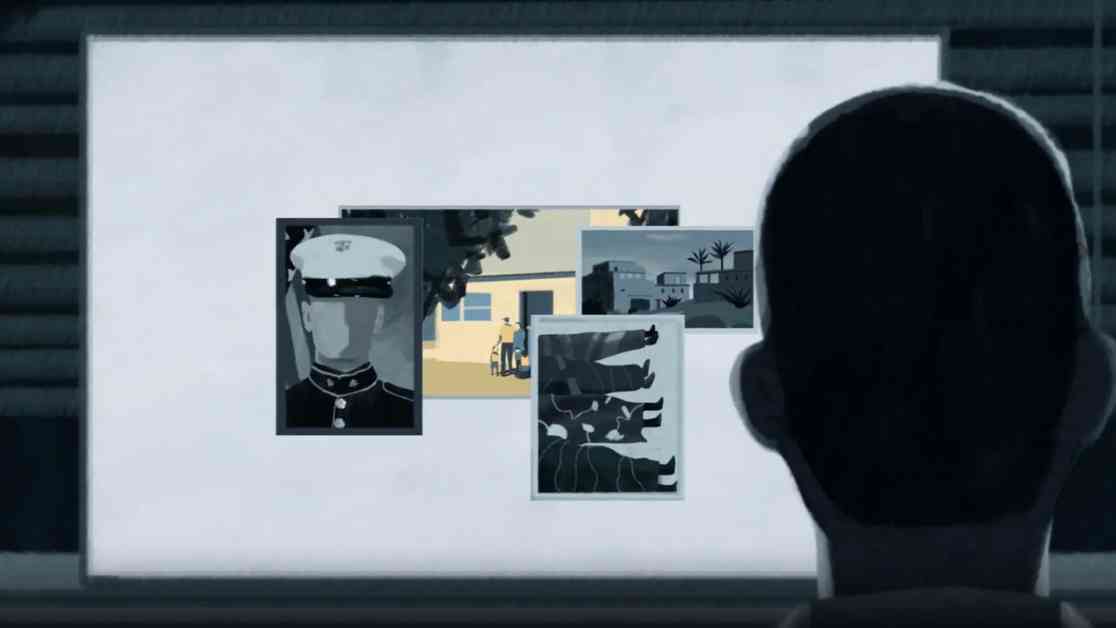The New Yorker, which has been around since 1925, has recently won three Pulitzer Prizes for its outstanding work. Mosab Abu Toha’s commentary on the Israel-Hamas war in Gaza, Moises Saman’s powerful photographs of Syria after Assad, and the gripping third season of the In the Dark podcast all received recognition. These awards celebrate excellence in journalism and storytelling, showcasing the hard work and dedication of the individuals behind these pieces.
One particularly interesting article delves into what is legally allowed in war, as seen through the eyes of U.S. military lawyers. The invasion of Gaza by Israel and the public’s response to it are viewed as a potential prelude to a conflict with a foreign power like China. This raises important questions about the rules of engagement and how different countries interpret and enforce them. It’s a complex issue that requires careful consideration and analysis to fully understand the implications.
In another piece, the author explores the idea of whether the Civil War was inevitable. Before Abraham Lincoln made “the Union” a cause worth fighting for, he tried other methods to end slavery in America. This historical perspective sheds light on the complexities of the time and the challenges faced by those seeking to bring about change. It’s a reminder of the long and difficult journey towards justice and equality in the United States, and the important role that individuals like Lincoln played in shaping the nation’s history.












